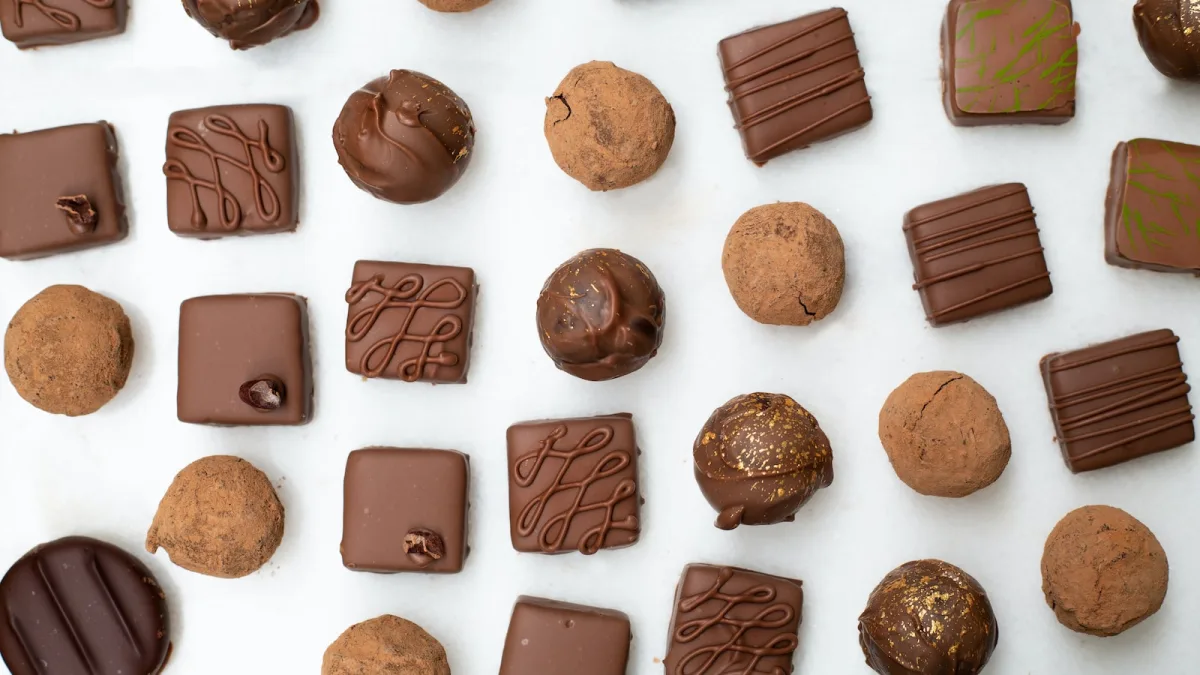Back in 2016 I wrote an article about the apparent truth that coffee, and caffeine in general, affects a singing voice.
Well, now, having been told numerous times the same about chocolate, it’s time to explore this one too. So, does chocolate affect a singing voice?
Why would it?
There are lots of articles online that answer this one. One site stated this…
Unfortunately for chocolate lovers, it’s actually one of the worst foods to snack on before you sing. It’s high in both sugar and caffeine – two products that can affect the performance of your vocal cords before a show. Sugar can stick around in your throat after eating it and increase the production of mucus, which may make your voice sound phlegmy and unappealing.
Most other articles concentrate on it causing excessive mucus more generally (without mentioning the sugar) and acid reflux production.
Does it?
Let’s cover these one at a time…
- Caffeine
You can read about this in my previous post by the tl;dr was…
Evidence sways towards the fact that caffeine is fine and, at worse, has variable and low impacts on people. Also, it should be noted that these studies were on the affects of caffeine itself and not caffeinated drinks – in the trials tablets of caffeine were digested.
- Mucus (or phlegm) / Acid Reflux
Acid reflux is a common reason why you get phlegm after eating so, both of these issues are related. In fact, excessive mucus is a symptom of the condition, according to University of Michigan Health.
So if you regularly deal with extra phlegm after mealtimes, it may be best to limit or avoid foods that trigger acid reflex and, yes, that includes chocolate.
Basically, this is only an issue if you already suffer from a problem with it.
Also, I can find no medical evidence that sugar produced extra mucus – simply a lot of sites that state this to be true but with no references, as well as listing a number of other “truths” which are anything but.
What about milk?
Again, I mentioned this in my last article, and the amount if milk in chocolate is pretty small (if there’s any at all) but, since I wrote that, there’s been more concrete studies on this.
Again, the belief is that dairy causes mucus buildup but, according to a 2018 study in the BMJ, there’s no evidence that milk creates mucus.
So, why does milk seemingly increase mucus production? Per the BMJ, it’s more of an illusion — the creamy, thick texture of dairy can make it feel like milk does cause phlegm.
Another common assumption is that a dairy allergy causes mucus, but per the Australasian Society of Clinical Immunology and Allergy (ASCIA), this isn’t the case.
Lastly, dairy doesn’t affect lung capacity either. Per the ASCIA, some people with asthma may cough after drinking cold beverages like milk, but this is likely from the cold irritating the airways.

Talk to me!